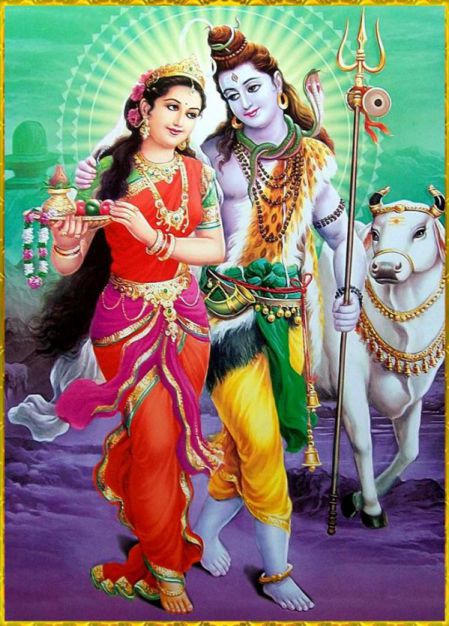Why do Hindus Fast?

In Hinduism, fasting is major aspect of several celebrations and a part of our that culture most people are familiar with. But, why do we fast?
Fasting in Sanskrit is called upavaasa: ‘Upa’ meaning near and ‘vaasa’ = to stay. These combine to create Upavaasa, or (mentally) staying near (God).
Fasting is also meant to train the mind and the body to endure and build tolerance against hardships, to persevere under difficulties and not give up.
Some people fast on certain days of the month like:
- Purnima (full moon)
- Tuesday - the auspicious day for Hanuman
- Thursday - the auspicious day for Lord Vishnu
Some others fast on certain festivals like:
- Mahashivratri
- Navratri
- Karwa Chauth
In particular, why do Hindus fast during Mahashivratri? One story states that Shiva had to consume a poison to remove it from the ocean. In order to save him, his consort, Goddess Parvati, held his throat to stop the poison from spreading. Because she fasted for a full day and night, devotees now do the same.

Fasting can come in several ways. It can be total abstinence from all foods, only eating specific foods, or following specific diets, or whatever form of restraint fits best with your health.
Regardless of the true origin of this tradition, Hindus continue to fast for a variety of reasons, including:
- Set the mental stage for deep meditation
- Increase the power of your prayers
- Focus on meditation
- Absolve you of sins
- Increase consciousness or become closer to God
- Cleanse and purify the mind and body
- Participate in life cycle sacraments called saṃskāras.
We hope you learned something new in this edition of #TheologyThursday!
Enjoyed this article?
Follow us on Youtube & Instagram to view our weekly Theology Thursday posts!
Modi Toys is a children's brand of toys and books inspired by ancient Hindu culture. We exist to spread joy and to spark curiosity in the next generation through our innovative soft plush toys, illustrated children's books and free learning resources. Our weekly Theology Thursday series covers a wide range of topics rooted in Hinduism to help us better understand the origins of traditions, the symbolic meaning of rituals, and the stories behind Hindu holidays and festivals. The more we can understand "the why" behind this 4,000 year ancient religion, and make sense of it in this modern age, the greater we can appreciate and preserve our rich Hindu culture. While we take great care in thoroughly researching the information presented, we may occasionally get some things wrong. We encourage a healthy and open dialogue so we can learn together. Please leave a comment below or email us directly at support@moditoys.com to address any concerns.


